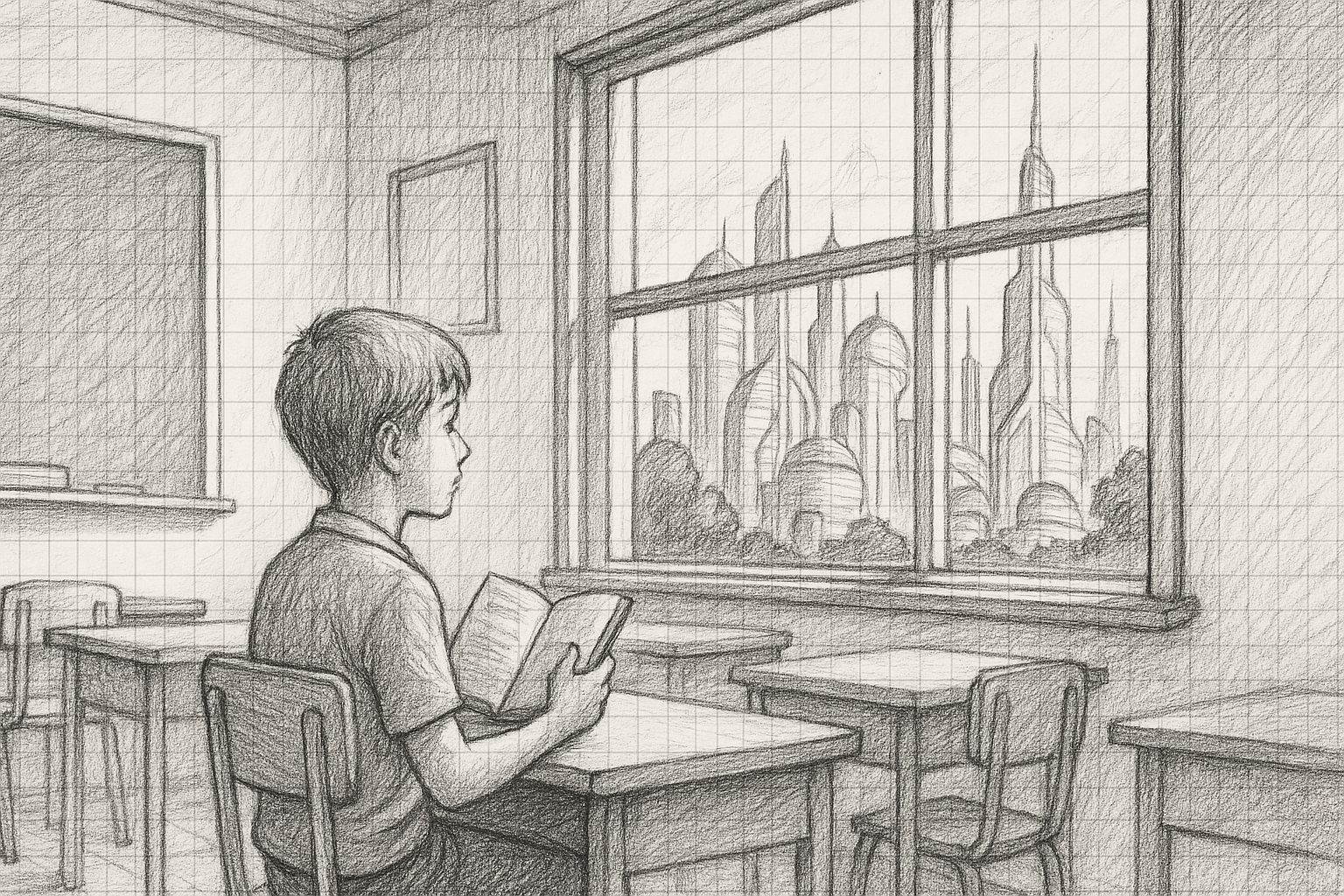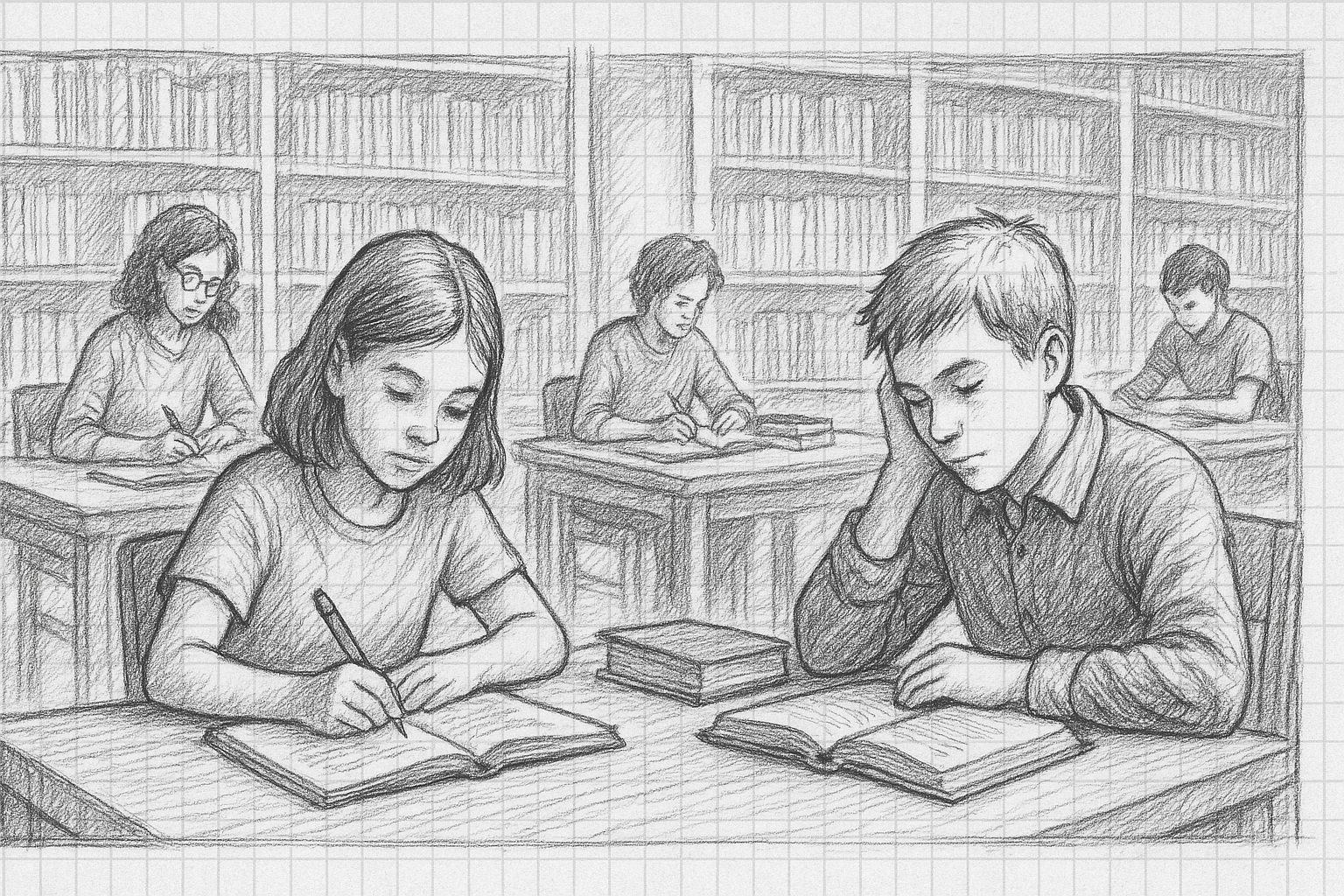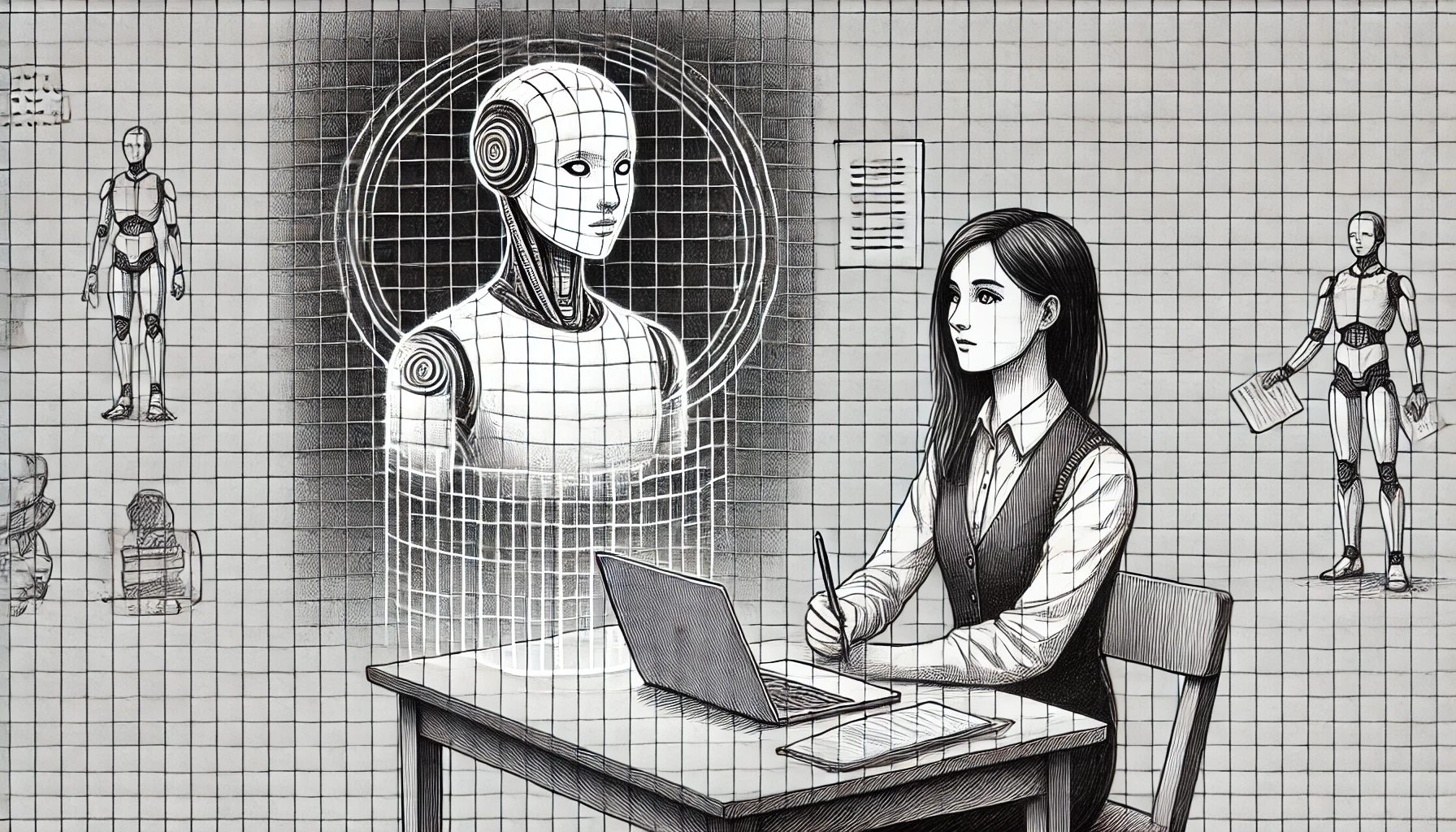
Rethinking Education in the Age of AI: What Is School Really For?
As AI rapidly automates routine cognitive tasks, traditional education—focused on memorization and standardized testing—becomes outdated. Instead of training students for jobs AI will dominate, schools should cultivate uniquely human skills: creativity, critical thinking, emotional intelligence, and ethical reasoning. The future of learning may emphasize self-paced, passion-driven, and interdisciplinary education, preparing students for adaptability rather than static careers. Key questions remain: Should schooling be shorter or lifelong? How do we assess wisdom over rote knowledge? The rise of AI doesn’t make education obsolete—it demands a shift from knowledge transmission to human flourishing, ensuring the next generation thrives alongside machines.
Read this article

The Crisis of Focus in the Modern Age: A Thoughtful Exploration
Modern life has eroded our ability to focus. Students, teachers, parents, and professionals all struggle with distraction, not just because of smartphones but due to deeper forces: dopamine-driven design, poor diet, sleep deprivation, and a culture that glorifies multitasking. Unlike tech-resistant communities (e.g., the Amish), many of us exist in a fragmented state—skimming, switching tasks, and craving constant stimulation. The real cost? Lost depth in work, relationships, and self-reflection. While technology isn’t inherently bad, our relationship with it needs reevaluation. Focus isn’t just about productivity; it’s about presence. The question remains: Can we reclaim attention, or is perpetual distraction the new normal? The answer lies in intentional living—but first, we must recognize what we’ve lost.
Read this article

Rethinking Homework: A Reflection on Its Role in Modern Education
The role of homework in modern education is worth reexamining. While it can reinforce learning through spaced repetition and teach discipline, critics argue it often causes stress, inequity, and diminishing returns—especially with AI making plagiarism easier. Alternatives like flipped classrooms, project-based learning, or no-homework policies offer different approaches. The key question isn’t whether homework should exist, but whether it truly supports deeper learning or merely reinforces outdated methods. Encouraging reflection, rather than a definitive stance, allows us to consider how education can adapt to better serve students in a changing world.
Read this article

The Enduring Importance of Handwriting in Education: Why We Should Encourage It More
Handwriting remains a vital skill in education, offering cognitive, emotional, and creative benefits that typing cannot replicate. It enhances memory, critical thinking, and fine motor skills while encouraging deeper engagement with material. Handwriting also fosters creativity, self-expression, and mindfulness, providing a counterbalance to the fast-paced digital world. Educators should integrate handwriting into daily activities, teach cursive writing, and model its value to help students develop focus, resilience, and a balanced approach to learning. By prioritizing handwriting, we equip students with essential skills for academic and personal growth.
Read this article

The AI Dilemma: Is Using Artificial Intelligence in Academic Assignments Cheating or Innovation?
The rise of AI in education sparks debate: is using tools like ChatGPT cheating or leveraging next-gen problem-solving? Historically, innovations like calculators and the internet faced similar skepticism but became integral to learning. AI can enhance critical thinking and creativity if used responsibly, yet concerns about over-reliance, fairness, and authenticity remain. Balancing AI integration with academic integrity requires rethinking assessments, fostering ethical use, and preparing students for a tech-driven future. Embracing AI as a learning aid, not a shortcut, can transform education while preserving its core values.
Read this article




